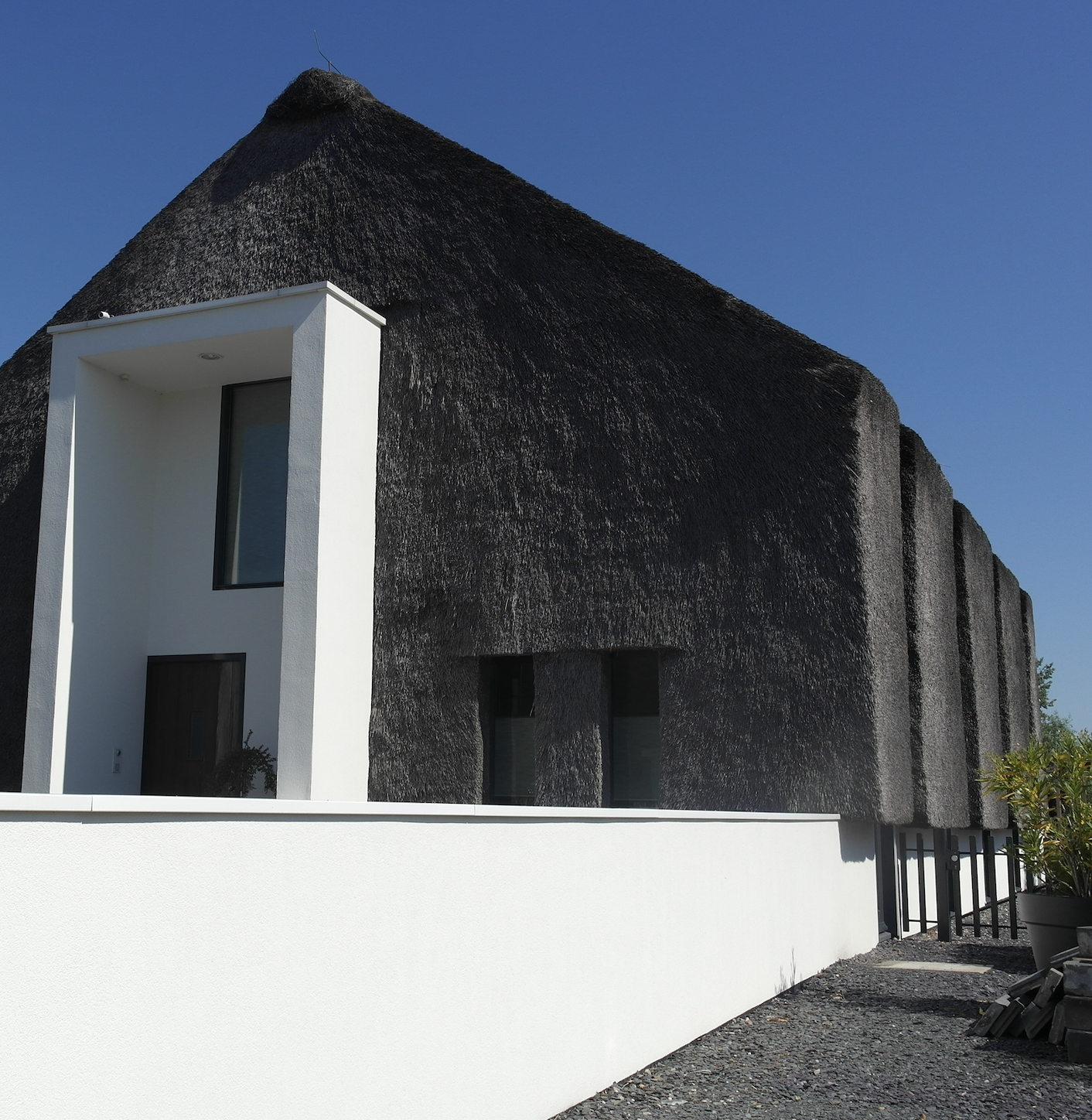Thesis defense - Carole Lemans
Potential of contemporary reed architecture

- Search
14h30 - Jean Duminy Amphitheater
Carole LEMANS will submit her doctoral thesis entitled "Potential of contemporary reed architecture".
This PhD thesis was prepared in the ATE laboratory, under the supervision of François FLEURY.
Members of the jury
Arthur HELLOUIN DE MENIBUS, Doctor, Examiner
Ali LIMAM, Professor INSA Lyon, Rapporteur
Jean-Baptiste MARIE, Professor ENSA Clermont-Ferrand, Examiner
Soline NIVET, Professor ENSA Paris Malaquais, Rapporteur
The defense will be broadcasted live by following this link.
visual: Living on the edge, by Arjen Reas (Zoetermeer, Netherlands), 2020 © photo: Carole Lemans